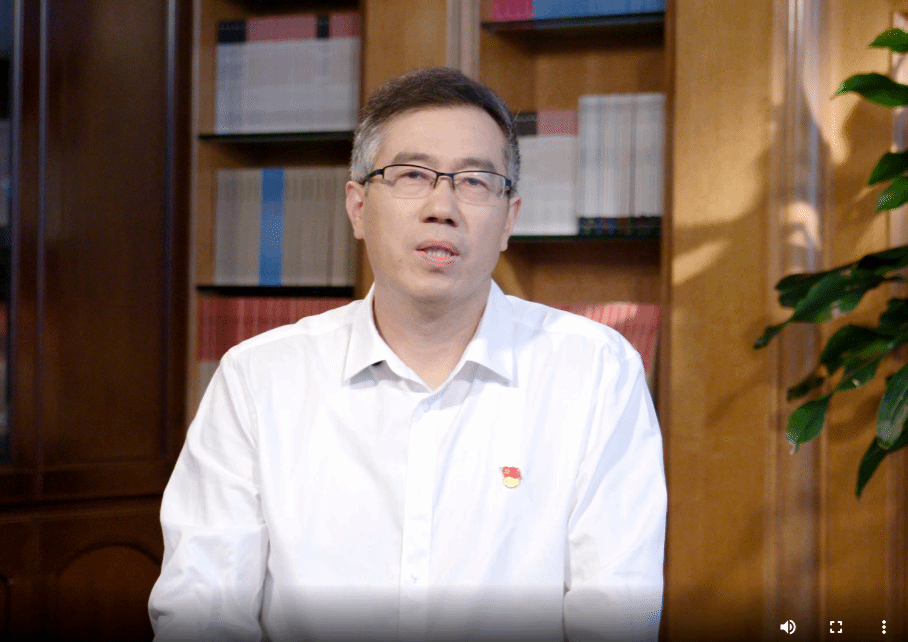
When you meet Kun-Ting Chen, Dean of the School of Economics and Chief Professor of Economics at Yunnan University of Finance and Economics, he is often found at his desk handling administrative work for the school.
Professor Chen is one of the early domestic scholars to use the Real Business Cycle (RBC) method, filtering methods, and to introduce human capital into the theory of economic cycle fluctuations. His research on the industrial revolution and the Great Divergence, as well as his work on unified growth theory, has enriched the research approaches, methods, and results in the field of growth theory in China, representing the forefront of domestic research. Additionally, his studies on the relationship between fluctuations and growth, as well as financial and economic cycle theory, stand at the cutting edge of national research.
“Economic cycle theory is an important field in macroeconomics used to explain and predict the fluctuations and cycles of economic activity over a period. Economic growth theory, on the other hand, studies the laws of economic growth and the factors that influence and constrain it,” explains Professor Chen.
In recent years, focusing on areas such as cycle theory and growth theory, Professor Chen has achieved significant academic results. He proposed the limited demand theory and provided unique explanations for contemporary global stagflation and the Great Moderation trends. He also introduced the theory of long-term endogenous sustainable economic growth, discussing the necessary and sufficient conditions for achieving sustainable development in the post-industrialization phase of economic modernization and the theoretical foundation for Chinese-style modernization. Moreover, he has made innovative and leading breakthroughs in the theory and application of Financial Business Cycles (FBC).
Academically, he is a meticulous and rigorous pioneer and leader in the research of financial and economic cycle theory. In the eyes of his students, Professor Chen’s classes are logically clear, focused, and thoroughly explained. Students always leave his classes with substantial “takeaways”. He traces the explanation of knowledge points back to the history of economics, using real-world examples and extensive references to expand the breadth of knowledge and guide students in building theoretical frameworks.
In Professor Chen’s view, scientific research first requires an innovative spirit. One must keenly observe certain problems and then dare to challenge traditional cognition, especially authoritative cognition. Truly innovative major breakthroughs are often not easily recognized by contemporary authorities because they challenge tradition and authority. Additionally, one should have a spirit of seeking truth from facts, carefully observing new changes and trends in reality, summarizing new characteristics and rules truthfully, and then bravely criticizing and negating the inappropriate parts of traditional theories.
In April last year, the major project of the National Social Science Fund, “Research on the Mechanism to Continuously Enhance the Quality, Efficiency, and Momentum of Economic Development,” led by Professor Chen, was approved. “Dare to be the first, and bravely climb the peak.” This is both Professor Chen’s understanding of the spirit of scientific research and the principle he has always practiced.
(This article was reprinted from the September 27, 2023, issue of Yunnan Daily, page 7.)
